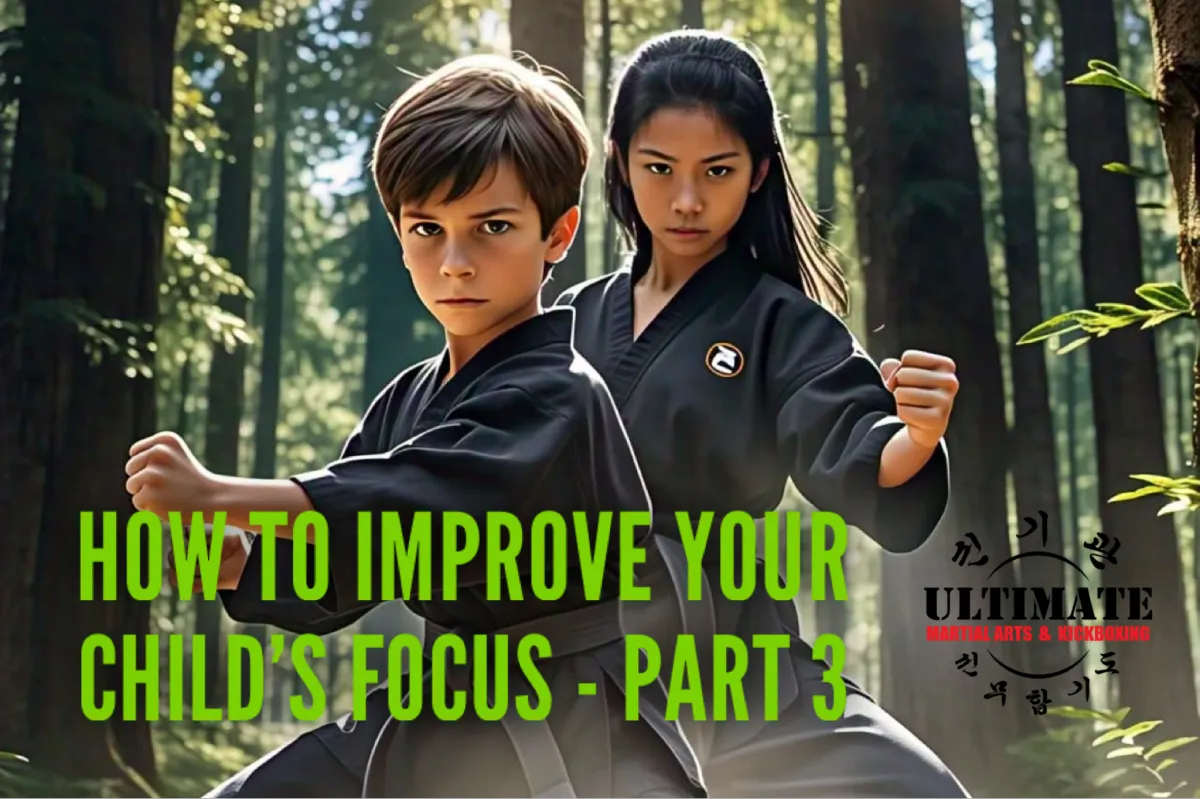
How to Boost Your Child's Focus - Part 3
In Part 3 in this blog series "Tips to Boost Your Child's Focus" we will give clear action steps to help your kids build their Working Memory and Impulse Control. The ability to concentrate and intently focus is crucially important for our children, because it helps kids learn and improve, which leads to self-confidence and positive self-esteem.
Here are our next three simple ways you can support your child’s PFC and overall brain health:
🧠 Remembering and Using Information (Working Memory)
Why it matters: Working memory is like a child’s mental notepad — it helps them hold on to information just long enough to use it. This is crucial for following directions, solving problems, and completing tasks in school and at home. The prefrontal cortex and other brain areas (like the parietal lobe) work together to manage working memory. In children, these regions are still developing, which is why they often need help breaking tasks into manageable steps.
Actionable steps for parents:
Use games that strengthen memory, like Simon Says, Go Fish, or matching card games. These train kids to hold and manipulate information in their mind.
Break instructions into small chunks. For example, instead of “Get ready for school,” say: “Put on your socks. Now your shoes. Now grab your backpack.”
Use visuals. Checklists or picture charts can help children remember steps for routines like bedtime or cleaning up and allows them to see their efforts.
Repeat and review. Encourage your child to repeat instructions back to you to help the brain lock them in. This activates the PFC and helps them focus.
⏸️ Controlling Impulses
Why it matters: Impulse control is essential for managing emotions, behavior, and social interactions. It helps children THINK before they act — especially in situations that are frustrating or exciting. Impulse control is governed by the prefrontal cortex, which is one of the last areas of the brain to fully mature (often not until early adulthood). That means younger children need lots of practice and support.
✅ Actionable steps for parents:
Model the “pause.” Show your child how you take a breath or count to five before reacting in stressful moments. Focus over frustration.
Create a calm-down space. This could be a cozy corner with books, stuffed animals, or sensory tools. Use it as a tool, not a punishment, to regain focus.
Teach calming tools: Breathing in for 4 seconds, holding for 4, and exhaling for 4 can help reset emotions and help with clarity of thoughts.
Celebrate self-control. When your child waits patiently or handles disappointment well, name and praise that behavior. For example: “I saw how you waited your turn so calmly. That was really responsible.”
🔥Next week we dive into Part 4 of Boosting Your Child's Focus - Focusing Attention & Concentration Exercises!
See you then...
Scott Yates & Team Ultimate
More Articles Here:
https://info.atcomartialarts.com/ultimate_blog
